Jackson State University proudly announces the winners of the 2014 Presidential Creative Awards for Faculty and Staff, and the successful proposals include projects to study a plant’s effect in reducing breast cancer tumors, the role personality plays in career choice and a plan to showcase the “Green Corridor” on the JSU campus.
President Carolyn W. Meyers announced the Creative Awards on Friday, calling the projects exceptional. Each winning proposal will receive $5,000 in funding.
“The Creative Awards program continues to be a vehicle to ignite innovative thinking. The proposals covered a variety of disciplines and some of them have global implications,” Meyers said. “We will continue to look for ways to support the creative endeavors of our faculty and staff.”
Other winning proposals will study iPad use among non-traditional students; develop a GIS-based system to identify areas in Mississippi that are vulnerable to tornadoes; and research the impact of skin color and hair texture on candidate evaluation.
The strategic goal of the awards is to foster collaboration, innovation and creativity with a special emphasis on socio-cultural, health, behavioral, environmental, economic, educational, policy and technological issues. The projects also engage students in research methodology to develop their critical-thinking and problem-solving skills.
Here are the award winners and a description of their proposals:
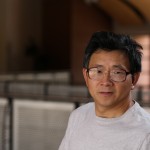
Duanjun Lu, Ph.D., assistant professor in the Department of Physics, Atmospheric Sciences and Geoscience, proposed the development of a GIS-based decision support system to examine tornado hazards and risks in Mississippi. Students would be responsible for data collection, result analysis and product presentation.
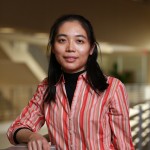
Yu-Chun Kuo, an assistant professor of Instructional Design and Development in the School of Lifelong Learning, proposed a project that aims to increase non-traditional students’ motivation to learn with iPads and their attitudes toward mobile learning; explore non-traditional students’ learning experiences with Apple apps in collaborative team learning and explore the effect of apps and instructor support on students’ learning achievements.
Carolyn Howard, Ph.D., associate professor of biology, proposed an inter-institutional collaboration between her breast cancer research team and Dr. Shehla Pervin, an assistant professor at Charles Drew University of Medicine and Science in Los Angeles. Howard’s project will study the full effect vernonia amygdalina (VA), an African plant, has on mammary cancer stem cells (MCSC). Specifically, the study will examine whether pre-treatment with VA will reduce the number of MCSC-induced xenografts in nude mice.
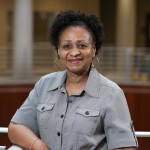
Gwendolyn Catchings, DBA, PHR, assistant professor in the Management and Marketing Department, proposed “A Pilot Study: The Personality Major Career Project ‘Know Thyself…Chart Thy Future.’” The project aims to assist freshmen undecided majors in choosing an appropriate major and career path based on personality type. Catchings said research has determined personality matching is an essential element for higher grades, persistence in major and on-time graduation. The more compatible the student’s personality type is to the college major, the greater the chance the student will succeed. A research group and a control group will be identified. The “Career Key” online personality assessment will be administered to the research group. Data, including personality type and preferred major, will be gathered on both groups.
HuiRu Shih, Ph.D., professor in the Department of Technology, proposed the creation of a remote laboratory to extend the traditional hands-on access to labs and test instrumentation over the Internet. The project will deal with remote access to real lab instruments using computer and network technology. The specific aims include developing a platform suitable for implementation within JSU; provide quality education to distance learning students; promote inter-departmental collaboration by developing and sharing remote laboratory courseware and provide research training for students.

Natarajan Meghanathan, Ph.D., associate professor in the Department of Computer Science, proposed the “Design and Development of a Local Spectrum Knowledge-based Minimal Channel Switch Routing Protocol for Cognitive Radio Ad hoc Networks.” Meghanathan expects cognitive radios to be the next wave of wireless computing to exploit the licensed, but unused, wireless spectrum and maximize the efficiency of channel usage. He said there is significant work that needs to be done to develop quality-of-service oriented routing protocols for CRAHNs, which have a wide-range of applications in the consumer communications market as well as in the defense/military domains. Meghanathan proposed the development of a new routing protocol for establishing end-to-end multi-hop paths with a minimal number of channel switches.
Mukesh Kumar, Ph.D., interim director of Urban and Regional Planning programs; Heather Wilcox, neighborhood development assistant, Center for University Development, Marlin King, assistant director of projects and construction management in the Department of Facilities and Construction Management, and Keith Collins, manager of JSUTV 23, proposed the creation of a digital simulation of the campus’ “Green Corridor” featuring a rain garden, convertible parking lots and an outdoor green classroom. Kumar said the project aims to be a model for the city of Jackson to follow. The Urban and Regional Planning program, the Center for University-Based Development, Facilities and Construction Management and University Communications will work to develop a digital simulation model of the proposed corridor site plan for the area surrounded by the Metro Parkway, the School of Engineering Building, and Lee E. Williams Athletics and Assembly Center. The simulation is part of an overall project that is entered in the Environmental Protection Agency’s “Campus Rain Works Challenge.”
Tracy Harris, Ed.D., associate professor Elementary Education in the College of Education and Human Development; Brandi Newkirk-Turner, Ph.D., CCC-SLP, assistant professor, Communicative Disorders, College of Public Service, and Glenda Windfield, Ed.D., assistant professor, Special Education in the College of Education and Human Development, proposed a project supporting collaborative clinical experiences for pre-service students. The “Speech-Language Pathology, Elementary and Early Childhood Education and Special Education Collaborative Clinical Experience Project,” is a research-based approach to provide experiences that offer college students opportunities to engage in educating K-12 students with speech/language and learning disabilities. The project examines the role of teacher preparation programs in the clinical experiences.
D’Andra Orey, Ph.D., a professor in the Department of Political Science, proposed “The Impact of Skin Color and Hair Texture on Candidate Evaluation.” Orey said scholars know little about whether African-American females’ natural or unstraigtened hairstyles influence political cognition and behavior and specifically if hairstyle affects vote choice. Orey said the project will examine whether African-American hairstyles enhance negative stereotypes when the hairstyles are deemed too Afrocentric. Orey said such hairstyles include braids and dreadlocks, compared to short conservative hair cuts for men and relaxed hair for women. The research also will focus on complexion. The project explores the intersection of complexion and hair texture on candidate evaluation.
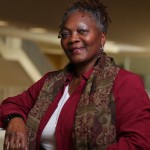
Evornia Kincaid, Ed.D., assistant professor in the Department of Elementary and Early Childhood Education, proposed the “Interdisciplinary Teacher Education Course Lab Approach to Increase Pre-Service Education Teachers’ Graduation Rate at an HBCU.” The research project lab is designed to improve passing rates on the certification tests and improve graduation preparation for education majors. The lab will be attached to a course in the same manner as a regular science lab. Students will be required to take a lab that will integrate this experience with a formal teacher certification program enabling participants to coordinate experiences in the lab, other colleges and education classes, and K-12 classrooms. Participants will be exposed to all competencies required to receive a license to teach upon graduating.
Alamgir Hossain, Ph.D., associate professor of chemistry, proposed the “Development of Molecular Sensors for Environmentally Relevant Anions.” The research will focus on the development of new molecular sensors for selective binding and recognition of environmentally important anionic species. There are several anions which have adverse effects on both the environment and health. For instance, percholate is a by-product of the nuclear fuel cycle, and has been shown to cause damage to the thyroid gland. Hossain’s students will prepare molecular sensors to detect poisonous anions and remove them from the environment.



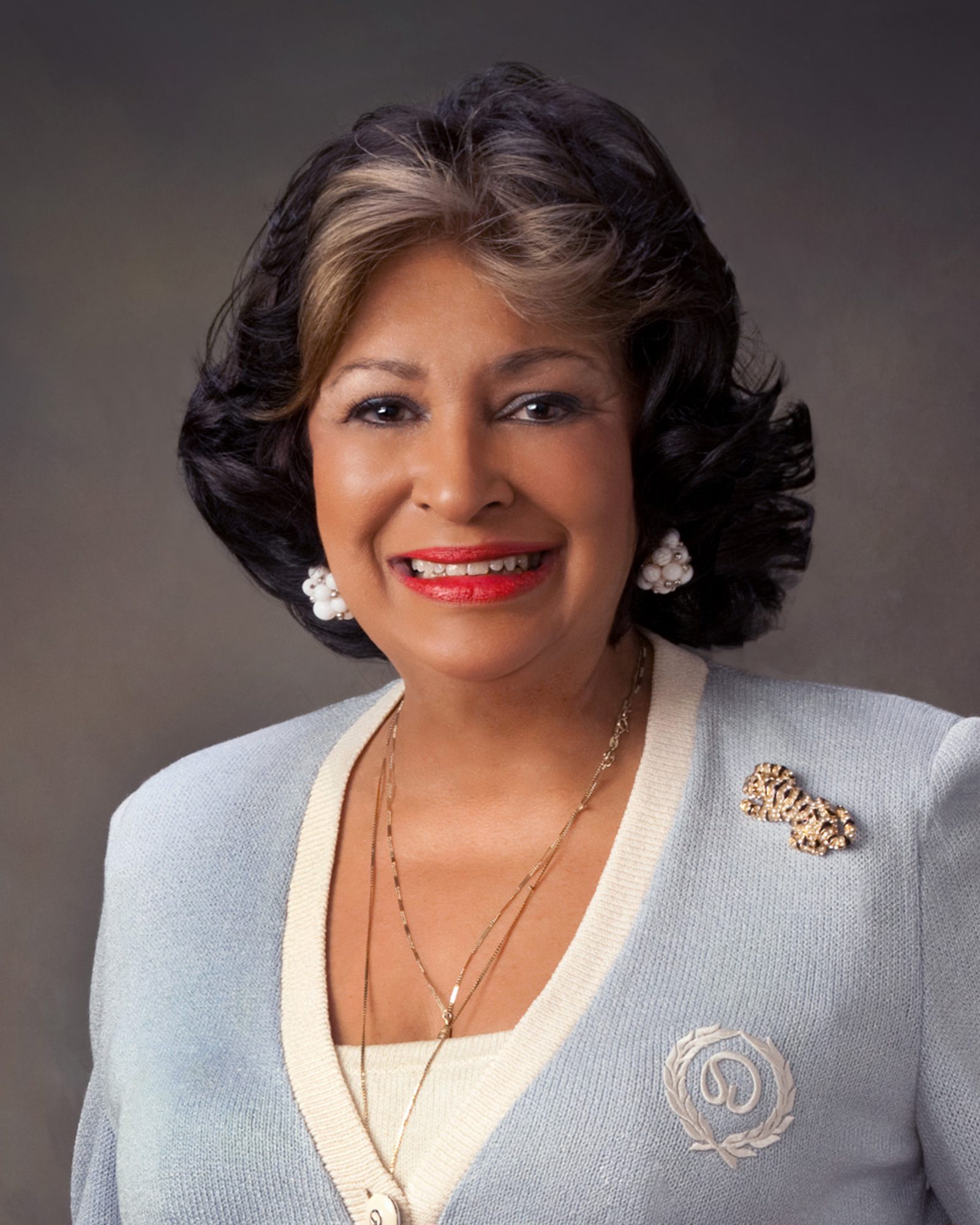
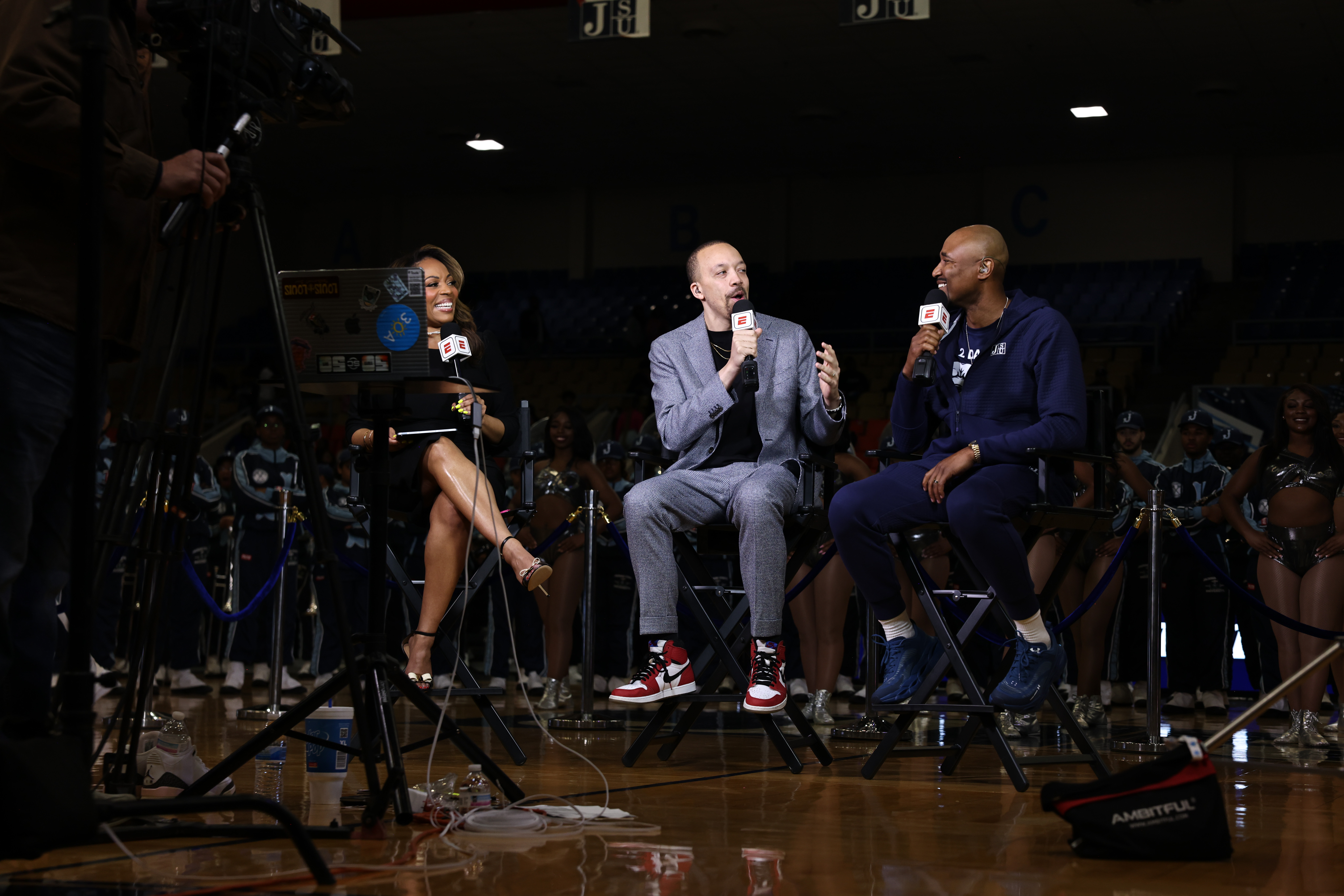
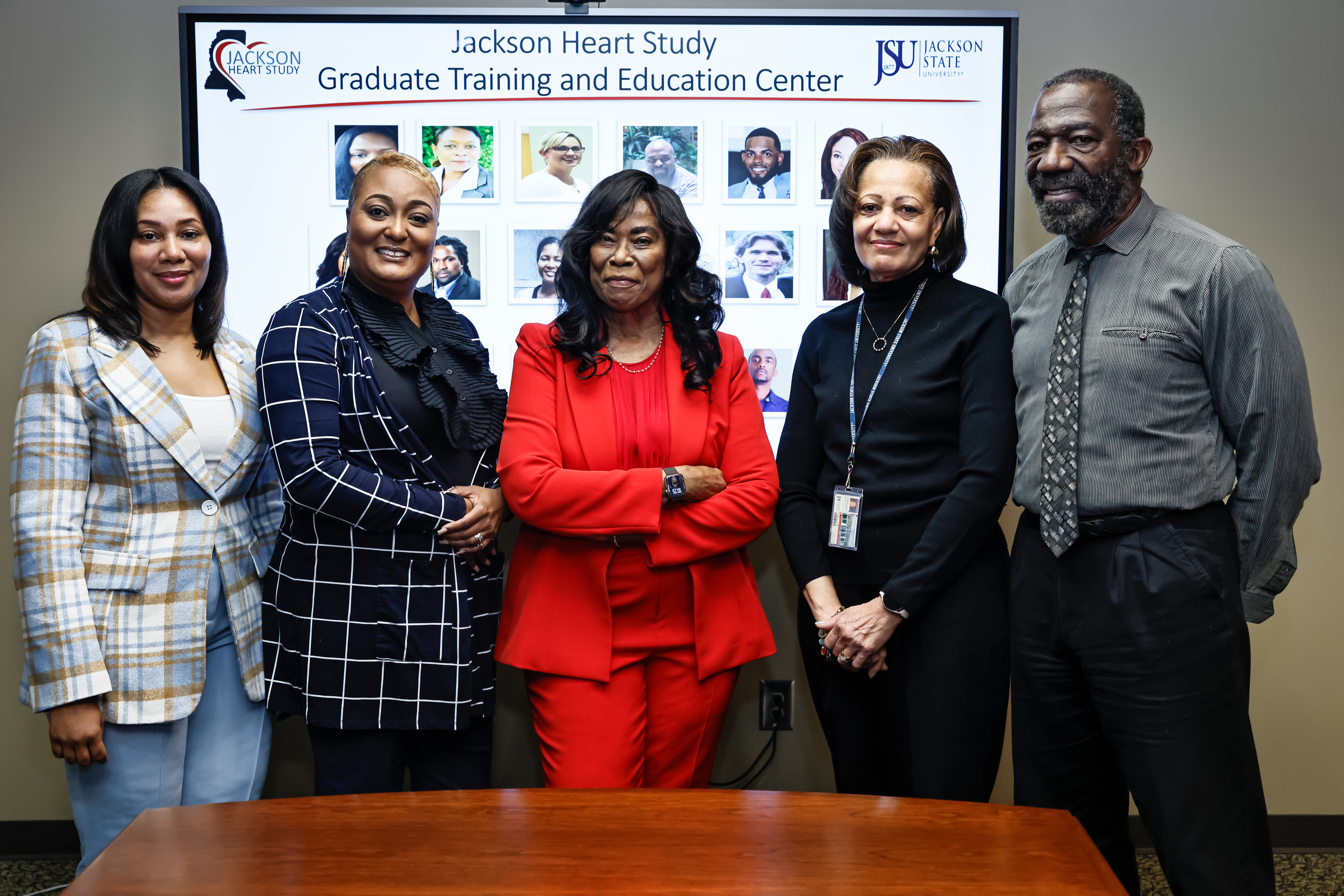


Leave a Reply